In the early decades of the 20th Century, at the height of the non-cooperation movement, in a series of letters and articles, Rabindranath Tagore and Mahatma Gandhi publicly aired their differences about the direction and methods of the anti-colonial struggle. At one level, the differences between the poet and one of the leading lights of the national movement were philosophical. At another, they pertained to the basic direction of the movement itself — particularly, its emotive call to boycott foreign goods and textiles and Gandhi’s commitment to popularising the charkha.
Penned between 1915-1941 and condensed in the book Mahatma and the Poet (compiled and edited by historian Sabyasachi Bhattacharya), the vigorous debates between these two men have come to acquire special relevance in our present context, when the question of nationalism has, once again, emerged full force on the centre-stage of Indian political life. Whether we talk about Kashmir, cows, or the National Flag, it appears as if for the past few months, little else has animated conversation in the country. From vigilante groups to right-wing politicians and left-liberal dissidents, everyone has been debating the merits and demerits of nationalism as an ideology.
If the definition of nationalism was a simpler matter when India was struggling to liberate itself from the British Raj, the idea has been rendered immeasurably more complex given the rise and strengthening of sub-nationalisms across India since Independence. Critics of the status quo are often branded ‘anti-nationalist’ because it is a convenient shorthand for raising public sentiment against a group or an individual. These are perhaps the times when we need to remember most that there has never been one definition of nationalism; and that all definitions have been critiqued and contested — even during the hallowed period when we fought against British colonialism.
Were Tagore alive today, the poet would probably have not measured up to the current government’s idea of a ‘good nationalist’. His ideas about nationalism — even when India was engaged in a war of liberation — were layered and complex, rejecting simplistic definitions. Tagore asked whether nationalism generates an inward-looking and closed political culture. Or does it enrich itself by opening doors and windows to the world of ideas? What are the limits of nationalism? Is there any value higher than freely exercising one’s intellect and mind?
These questions are as relevant today as they were in Tagore’s time. The poet and the Mahatma passionately debated their respective points of view. They disagreed on fundamental issues, but did so with respect and humility. Even a trenchant argument surfacing now and then could not take away the mutual respect Tagore and Gandhi shared for each other; perhaps more so because of their intellectual disagreement. Underlining the friendship between them, in his introduction to the aforementioned book, Sabyasachi Bhattacharya writes: “There were many striking contrasts between these two personalities. Yet, they found some common chord and began a friendship which lasted till Tagore’s death in 1941. As early as February 1915, we find Tagore referring to Gandhi as ‘Mahatma’ and Gandhi readily adopted the form of addressing Tagore as ‘Gurudev’.”
Tagore differed with Gandhi on his call for burning foreign cloth and boycotting government schools and colleges. He was skeptical of the charkha, of an isolationist culture and of the failure to acknowledge a wider sweep of humanity. Criticising the basic tenets of non-cooperation in the Calcutta Journal Modern Review (May 1921), Tagore wrote that “the idea of non-cooperation is political ascetism. Our students are bringing their offering of sacrifices to what? Not to fuller education but to non-education.” He articulated his serious difference of opinion about the “great injury and injustice” done to the boys who were “tempted” into abandoning their careers.
In Prabasi, a Bengali journal, Tagore’s criticised what he perceived to be Gandhi’s isolation and argued: “From now onward, any nation which takes an isolated view of its own country will run counter to the spirit of the New Age, and know no peace. From now onward, the anxiety that each country has for its own safety must embrace the welfare of the world.”
Tagore’s critical assessment of nationalism — even under conditions of colonialism — shows that different and even contradictory ideas of nationalism can and must exist. No monolithic diktat should police our thoughts about a country. Responding to Gandhi in 1925, the poet claimed that “all this time, just as business has implied antagonism so has politics been concerned with the self-interest of a pugnacious nationalism. The forging of arms and of false documents has been its main activity. The burden of competitive armaments has been increasing apace, with no end to it in sight, no peace for the world in prospect”.
He elaborated on some of these ideas in essays, writing, for instance, about the pitfalls of nationalism as a blind ideological force: “India has never had a real sense of nationalism. Even though from childhood I had been taught that the idolatry of the Nation is almost better than reverence for God and humanity, I believe I have outgrown that teaching, and it is my conviction that my countrymen will gain truly their India by fighting against that education which teaches them that a country is greater than the ideals of humanity.”
At a time when everyone from Gandhi to Veer Savarkar has become a symbol of an increasingly aggressive form of nationalism, we could look towards Tagore — who, after all, is also the author of our National Anthem. As many scholars have pointed out, Tagore recognised something essential that escapes our political leaders and nationalist ideologues today: That nationalism itself is a foreign concept produced in 19th Century Europe and exported to the rest of the world. If we define our nationalism in accordance with this idea then we will always care more for invisible borders than the lives of real people.


)




)
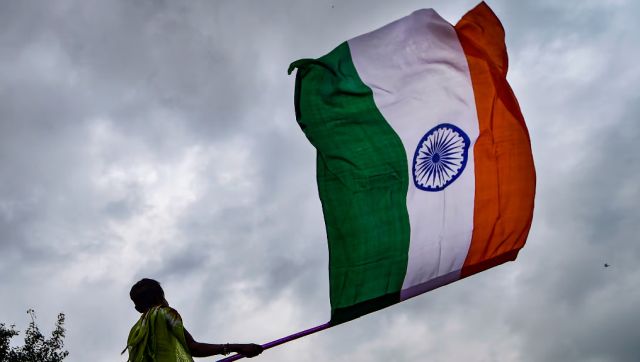)
)
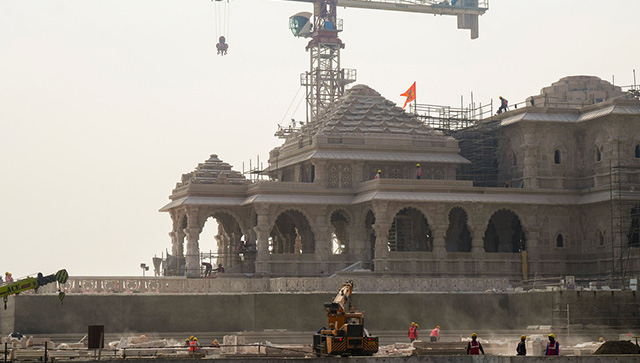)
)
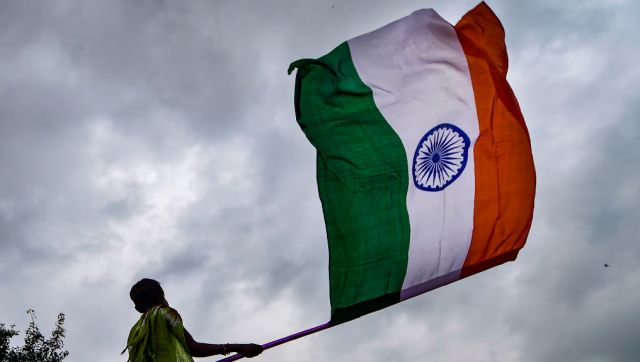)
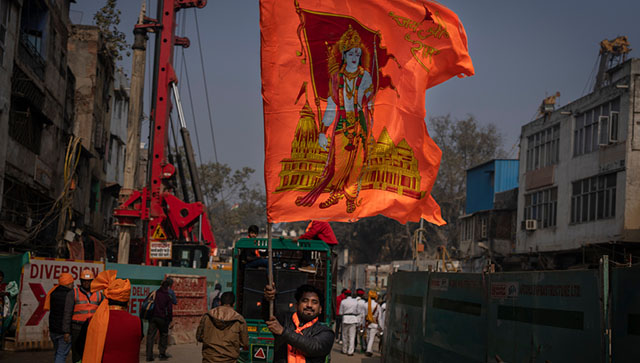)
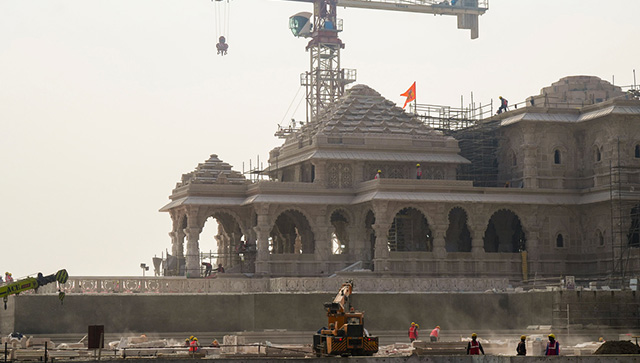)